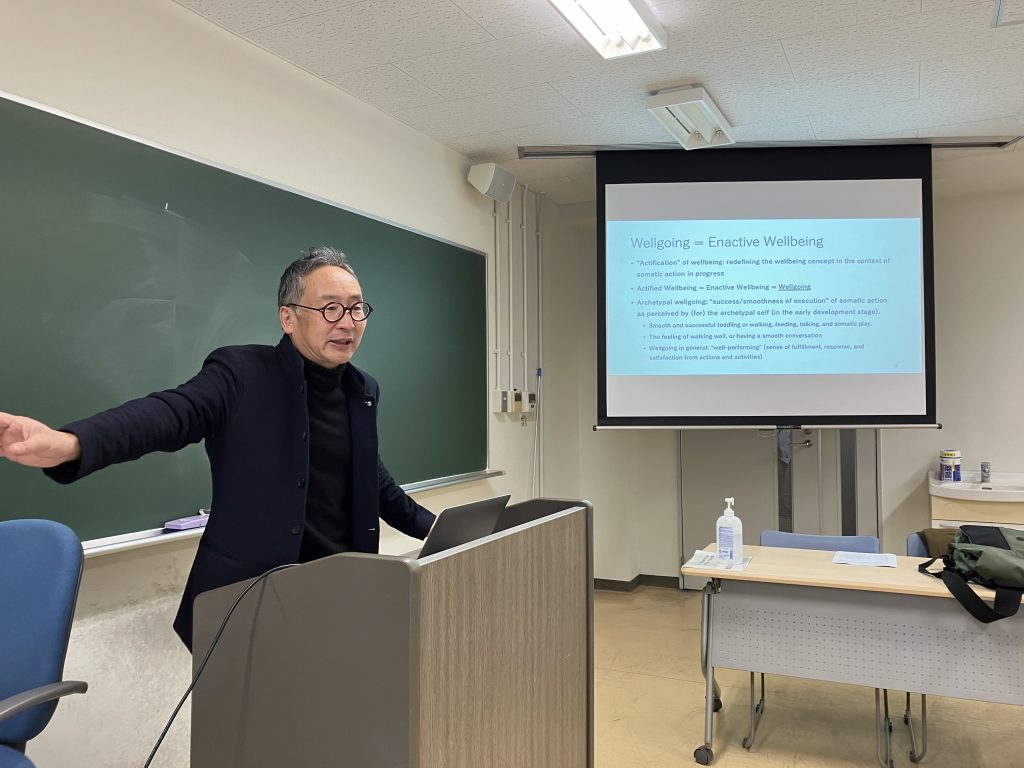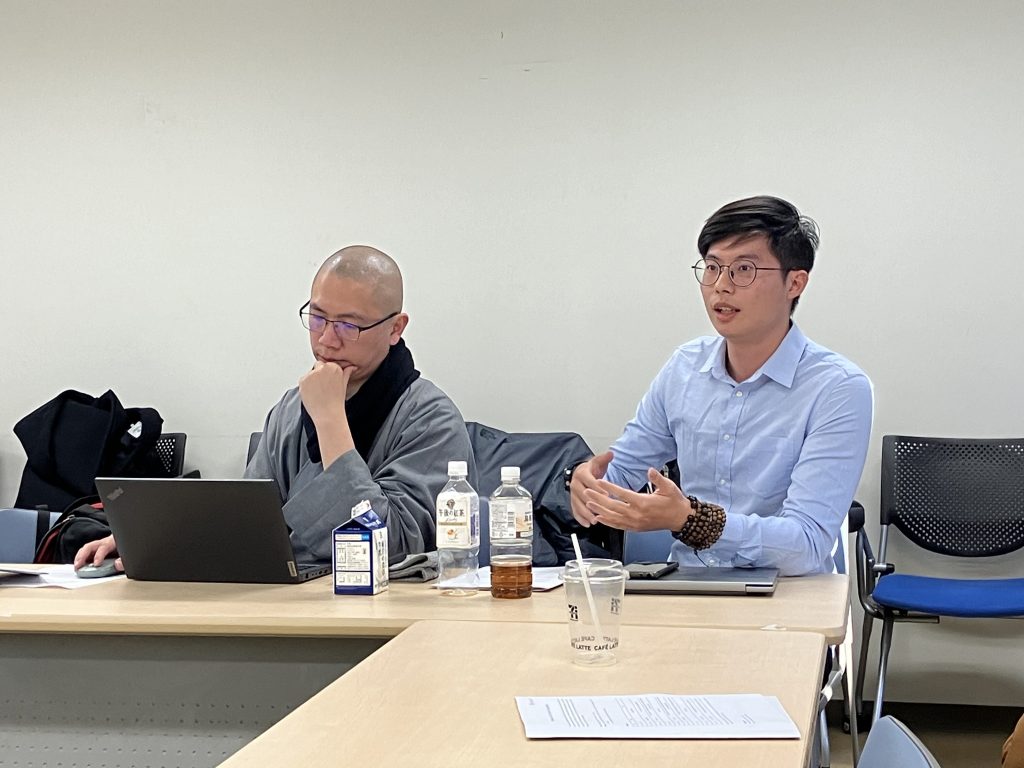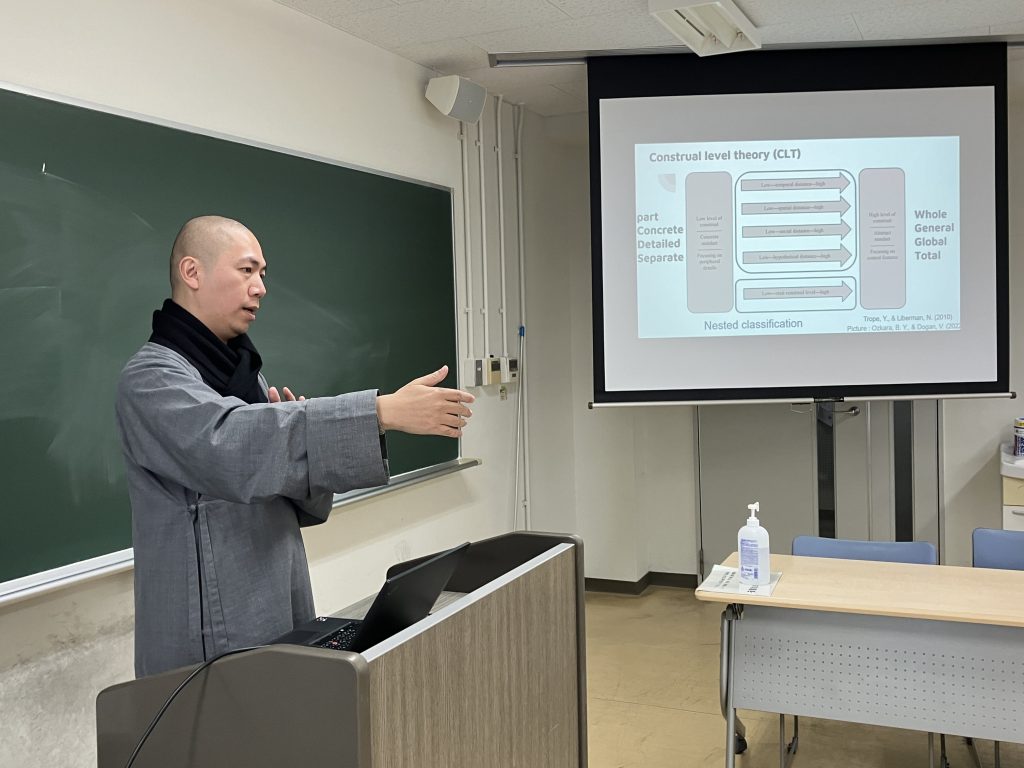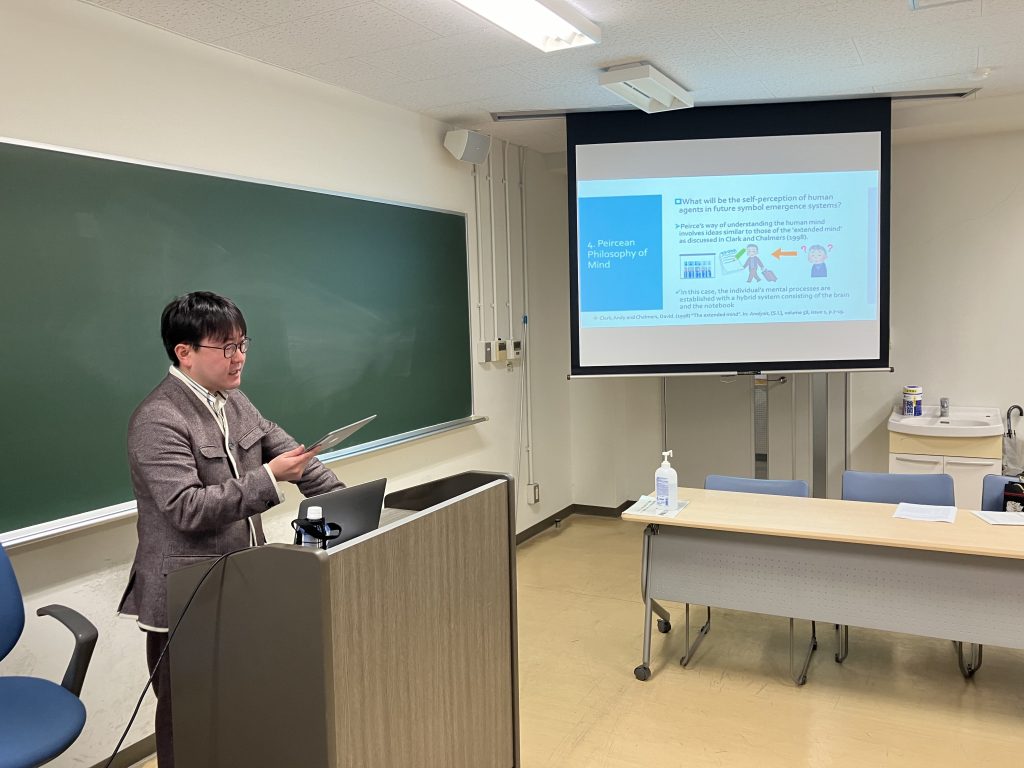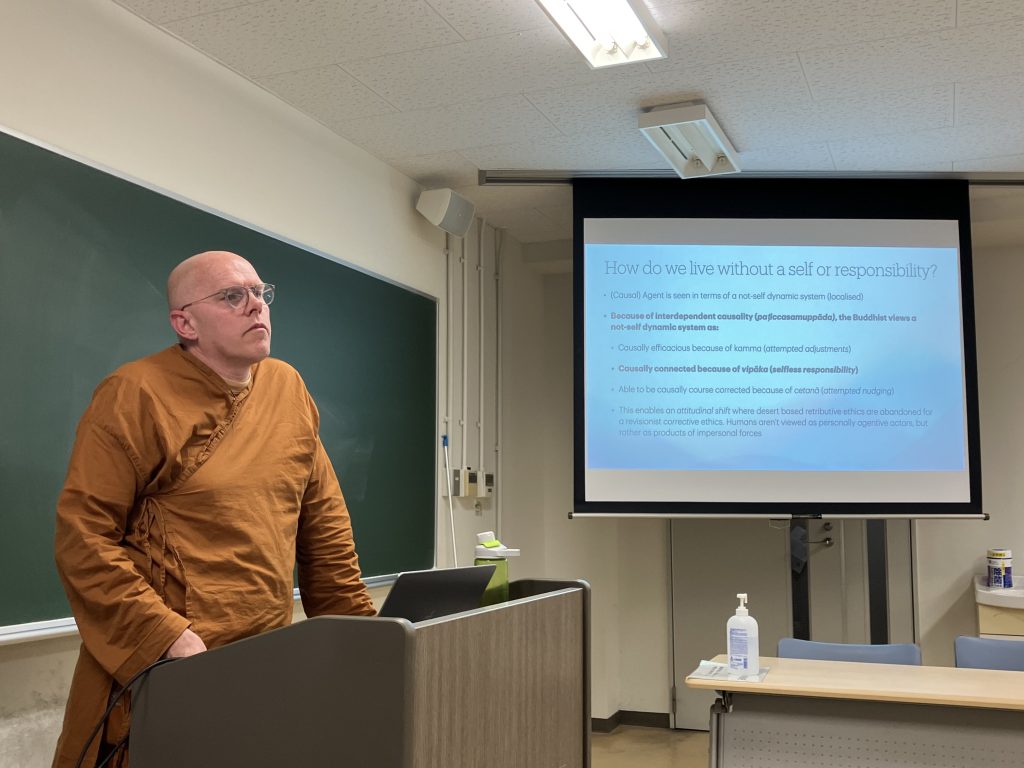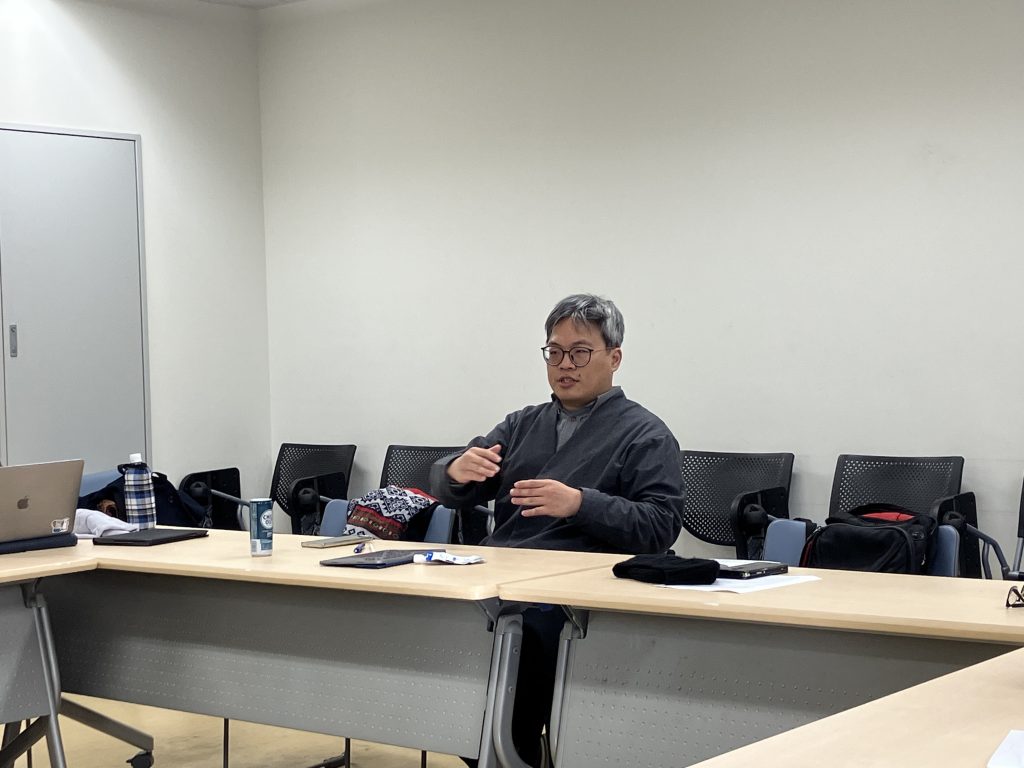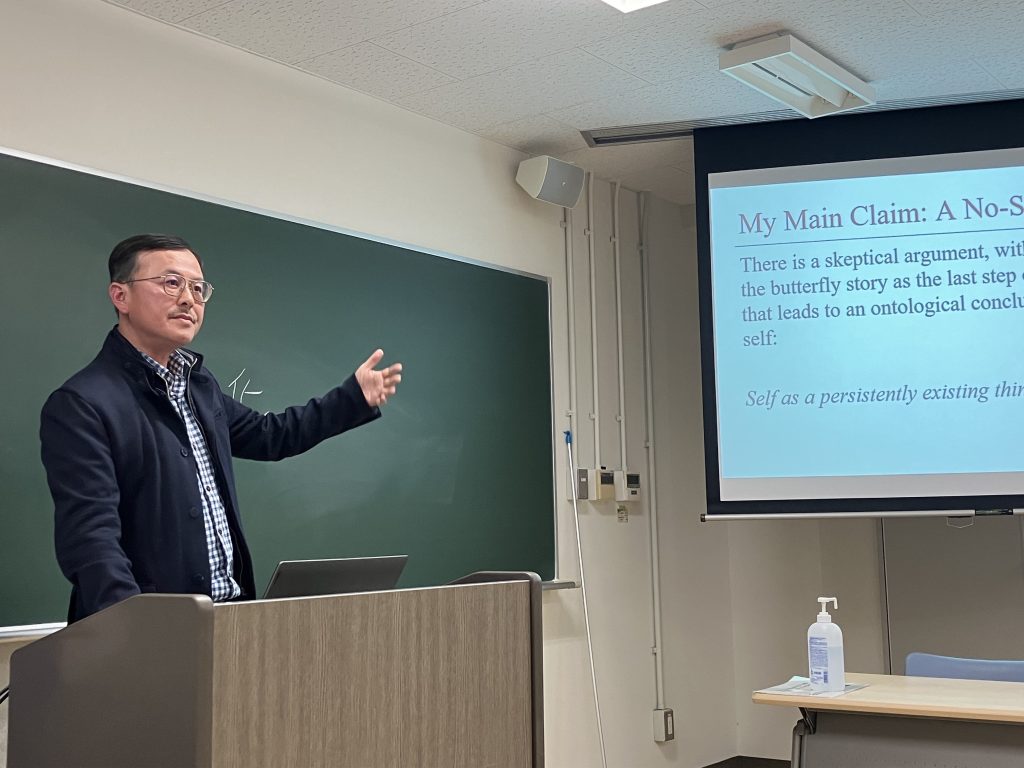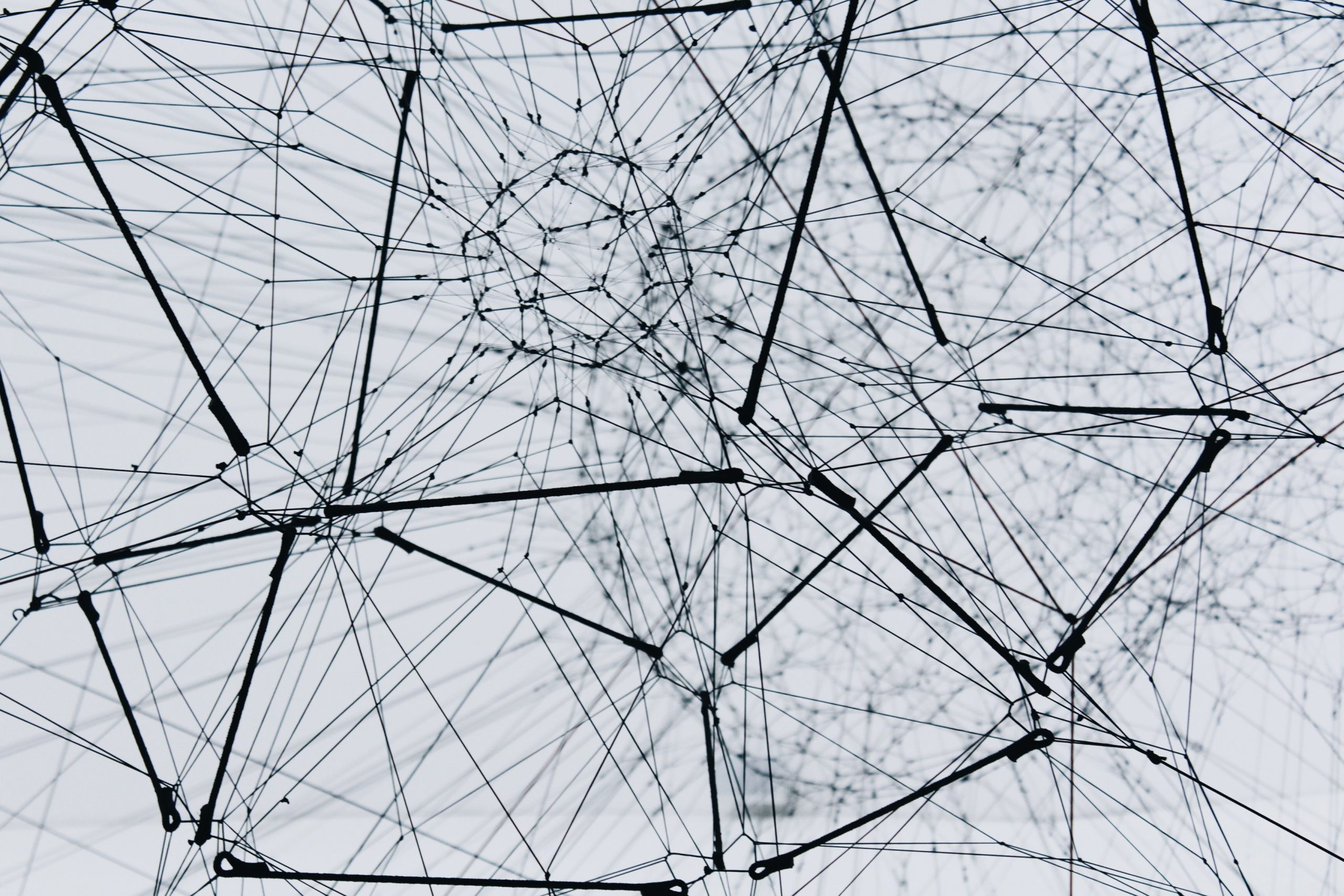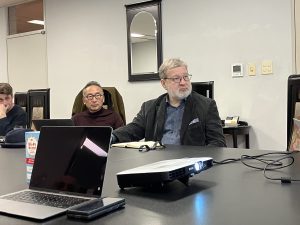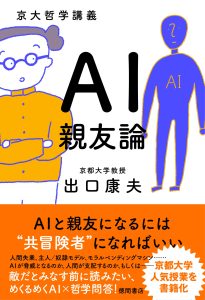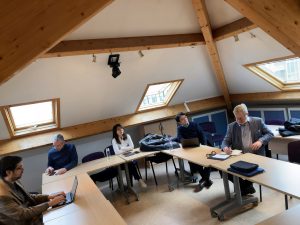The Smart-WE project is pleased to host the following workshop on February 4th, 2024, to welcome researchers from Taiwan, Australia, and Japan.
Workshop “WE-Issue and Its Social Implications”
This workshop brings together scholars from different research streams on self and identity to open interdisciplinary discussions on ontological, phenomenological, ethical, and axiological questions concerning the collective “WE”, of which humans always remain members, with their social implications.
Date: Sunday, February 4, 2024 (10:30 am − 17:15 pm)
Venue: Kyoto University, Yoshida Campus, Research Bldg. No 2 (#34 on this map), Seminar Room No. 10.
Speakers and Presentation Titles:
Yasuo Deguchi, We-Turn and Its Social Implications
Cheng-Ju Lu, The Expansion-Constriction Dynamics of Time-Space Experience and Its Link to Self
Yen-Yi Shi, The Whole-Part Concept of Spiritual Growth From the Perspective of Psychological Space
Takafumi Kato, Peircean ‘WE’: Semiotics for Smart Communities in the Future
Kevin Berryman, Interdependent Responsibility in Light of Not-Self
Kai-Yuan Cheng, A World-based View of Personal Identity in the Zhuangzi
Organizers:
Yasuo Deguchi (Kyoto University) and Kazuhiro Watanabe (Kyoto University)
Please find attached the workshop program for more information.
“WE-Issue and Its Social Implications” was successfully concluded on February 4, 2024
On February 4th, the Workshop on WE-Issue and Its Social Implications was successfully held at Kyoto University. Co-hosted by the Smart-WE Program of JSPS/JST and CAPE (Center for Applied Philosophy & Ethics, Graduate School of Letters, Kyoto University), the event began with the opening remark and lecture by Prof. Yasuo Deguchi, followed by presentations by Mr. Cheng-Ju Lu (National Yang Ming Chiao Tung University), Mr. Yen-Yi Shi (National Yang Ming Chiao Tung University), Prof. Takafumi Kato (Osaka Seikei University), Mr. Kevin Berryman (Monash University), and Prof. Kai-Yuan Cheng (National Yang Ming Chiao Tung University).
The event featured six presentations on topics including: the enactive self and well-going; the dynamics of time-space experience and the boundaries between the self and the environment; the relationship between descriptions of spiritual growth and psychological representations of space; a Peircean approach to the coexistence of AI and humans; the Buddhist concepts of no-Self and karma from a perspective of moral responsibility; and personal identity and death in the Zhuangzi. Each presentation was followed by a lively discussion among the participants.
